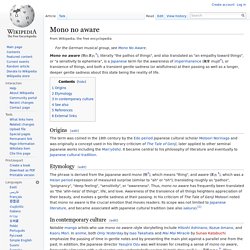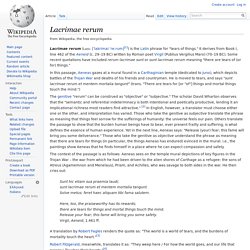

Best Quotes and Sayings about Books. Image courtesy of Joy Prichard Studios It is no secret that I love books.

Though I prefer the printed book, I also have electronic collections on every advice imaginable. From speaking about the future of books or how books make a better life to visiting bookstores and libraries around the globe, I share this passion with many of you. And it’s not just about the content inside. I also love collecting my favorite book covers each year. Charlie “Tremendous” Jones was one of my great influencers. Books change lives. Here are some of my favorite quotes about books: “Books serve to show a man that those original thoughts of his aren’t very new after all.”
“All good books have one thing in common – they are truer than if they had really happened.” “I cannot remember the books I’ve read any more than the meals I have eaten; even so, they have made me.” “Speaking personally, you can have my gun, but you’ll take my book when you pry my cold, dead fingers off of the binding.” 50 most inspiring quotes about books and reading. The quotes about books you’ll see below are not the most famous ones. All of them, however, are highly motivating to rediscover the pleasure of reading.
You may ask, what book quotes have to do with the ebook site. Ebook sites are still mostly focused on the issues related to technology rather than pleasures of reading. We believe that a reader has to learn only as much technology as it’s needed to fully enjoy the magic of reading. Reading in times of digital content is changing, but it doesn’t mean it gives less pleasure. There is absolutely no difference between a hardcover book or an audiobook or a multimedia book application. The biggest pleasure comes from what we read, not from on what we read. The real difference, though, lies in our attitude to reading. Best quotes from books – recommended sites There are many sites where you can order your favorite book quote printed on a poster, mug, t-shirt, and tens of other products.
Read also 50 most inspirational quotes from books Top article. Goodreads Blog Post: 25 Things That Would Happen If Book Lovers Ruled the World. Mono no aware. Mono no aware (物の哀れ?)

, literally "the pathos of things", and also translated as "an empathy toward things", or "a sensitivity to ephemera", is a Japanese term for the awareness of impermanence (無常, mujō?) , or transience of things, and both a transient gentle sadness (or wistfulness) at their passing as well as a longer, deeper gentle sadness about this state being the reality of life. Origins[edit] The term was coined in the 18th century by the Edo period Japanese cultural scholar Motoori Norinaga and was originally a concept used in his literary criticism of The Tale of Genji, later applied to other seminal Japanese works including the Man'yōshū. It became central to his philosophy of literature and eventually to Japanese cultural tradition.
Etymology[edit] The phrase is derived from the Japanese word mono (物?) In contemporary culture[edit] In the book A Lonely Resurrection by Barry Eisler, a character describes the concept of mono no aware as "the sadness of being human See also[edit] Lacrimae rerum. Lacrimae rerum (Latin: [ˈlakrimai ˈreːrum][1]) is the Latin phrase for "tears of things.

" It derives from Book I, line 462 of the Aeneid (c. 29–19 BC) written by Roman poet Virgil (Publius Vergilius Maro) (70–19 BC). Some recent quotations have included rerum lacrimae sunt or sunt lacrimae rerum meaning "there are tears of (or for) things. " The genitive "rerum" can be construed as "objective" or "subjective. " The scholar David Wharton observes that the "semantic and referential indeterminacy is both intentional and poetically productive, lending it an implicational richness most readers find attractive.
" In English, however, a translator must choose either one or the other, and interpretation has varied. A translation by Robert Fagles renders the quote as: "The world is a world of tears, and the burdens of mortality touch the heart. Orison Swett Marden Quotes. Orison Swett Marden Quotes.